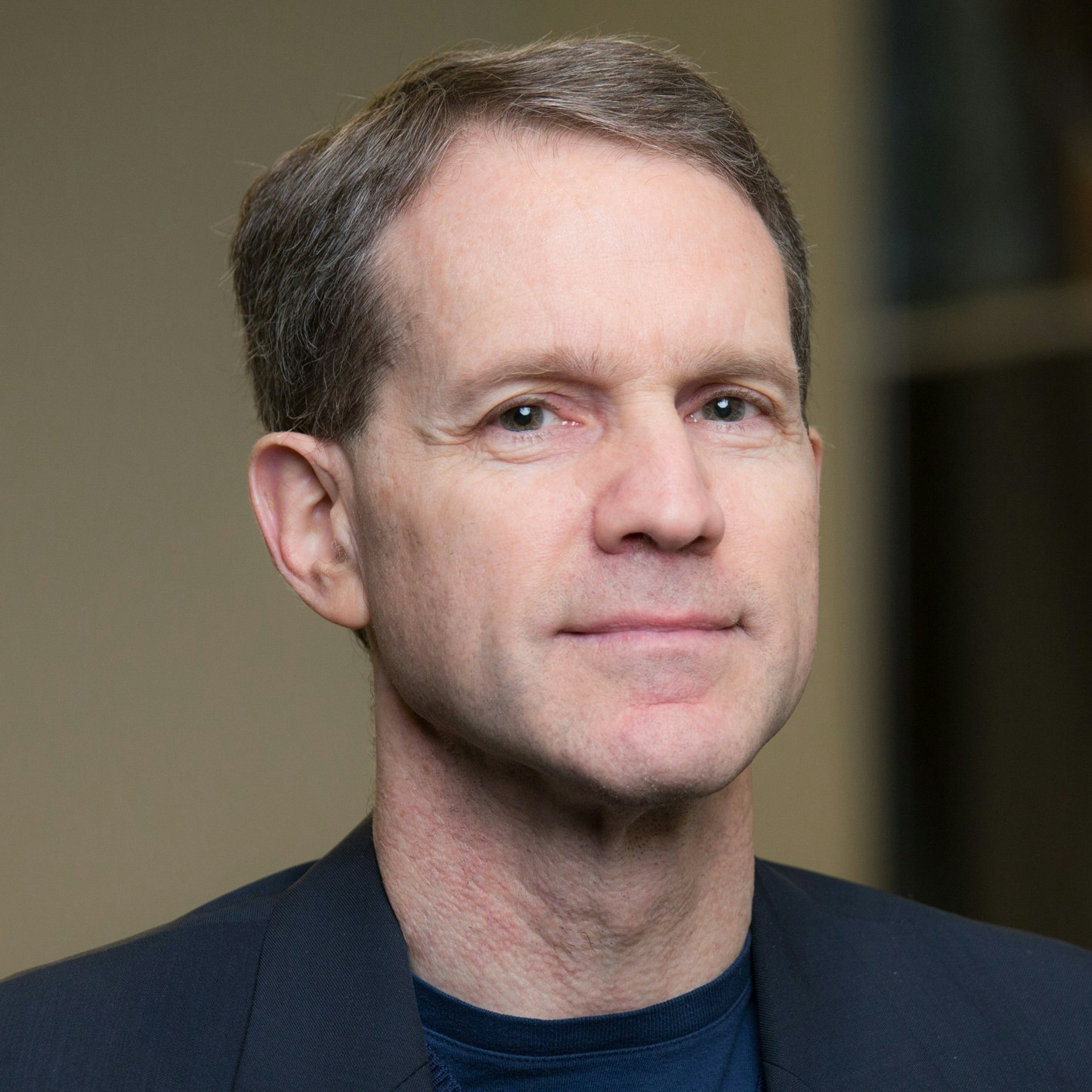A Khmer Rouge Tribunal: Now or Never
By James Goldston
The following opinion piece appeared in the International Herald Tribune. James Goldston is executive director of the Open Society Justice Initiative.
After prolonged delay, a donor conference on Monday netting nearly $40 million in pledges marked a major step forward in establishing a tribunal for the Cambodian genocide. But as with Darfur, foot-dragging by the United Nations and a lack of international attention threaten to prevent decisive action. Given the financial timetables of several contributing countries, failure to soon secure the tribunal's full three-year budget of $56.3 million could thwart forever the chance of punishing those responsible for one of the 20th century's worst convulsions of violence.
The creation of a court to try Khmer Rouge crimes has been a long time coming. For more than a decade after the Khmer Rouge was defeated by a Vietnamese invasion in 1979, cold war politics insulated its leaders from international criticism, let alone prosecution. Throughout the 1980s, hostility toward the Soviet-backed Vietnamese regime prompted U.S. recognition of the exiled Khmer Rouge as the official government of Cambodia. Even after the Soviet Union collapsed, it took Cambodia and the United Nations years of painstaking negotiations until 2003 to reach agreement on a court.
The resulting structure is imperfect. It awkwardly balances a numerical majority of Cambodian judges with a "supermajority" mechanism that makes the vote of at least one international judge essential for decisions. Given the institutional weakness of a judiciary decimated by the Khmer Rouge and tainted by political influence, international scrutiny will be crucial to ensure the trials comport with fundamental standards of due process.
And yet, this is the last hope for justice for the Khmer Rouge's many victims. Pol Pot died in 1998. Most of the other principal perpetrators are old. Time is on their side.
Last October, after a yearlong political stalemate in Phnom Penh, the Cambodian government finally ratified the tribunal agreement. On Monday, the government of Japan committed to cover nearly half the cost. A number of other governments have promised smaller amounts. But to date, there has been little political momentum to push things forward and no major actor to do so.
Japan's role in pushing for a tribunal is likely to be constrained by its overriding bid for a seat on a reconfigured Security Council. The United States is disabled by its troubled history in Southeast Asia and a Congressional ban on funding to a Cambodian government that has yet to prove its democratic credentials. China, the Khmer Rouge's longstanding patron, has no interest in highlighting that history. This leaves the United Nations itself.
Staffing changes in the UN bureaucracy since last autumn have deprived the tribunal process of a driver. In recent months, the United Nations' senior echelons have been understandably preoccupied with other matters: a long-overdue internal reform, politically motivated attacks and the urgent crises of the Asian tsunami and Darfur. In spite of these competing priorities, if the tribunal is to take place, the United Nations will have to push the process to conclusion.
Several concrete steps are needed. First, the secretary general should use both public statements and quiet diplomacy to underscore the United Nations' commitment to secure full financial backing as soon as possible. Second, if in several days pledges come close, but don't quite meet the three-year tab, he should allow operations to begin, while continuing to fund-raise for the remainder. Third, the UN Office of Legal Affairs must quickly establish and publicize a transparent and credible process for selecting international staff that places a premium on competence and impartiality.
In addition, once the tribunal is launched, UN engagement at the highest levels will be essential to see that the trials uphold international standards and remain free of political interference.
Though there were thousands of killers under the Khmer Rouge, the tribunal will prosecute only a very few of the most responsible parties. So these trials important in their own right must be the beginning of an extended process of accountability and coming to terms with the past. Both the quality of justice that these trials produce and their ability to capture public attention will determine their legacy. In this case, the old maxim that justice must not only be done, it must be seen to be done, carries particular weight.
Copyright © 2005 by the International Herald Tribune (IHT). Reprinted with permission.

James A. Goldston is the executive director of the Open Society Justice Initiative.